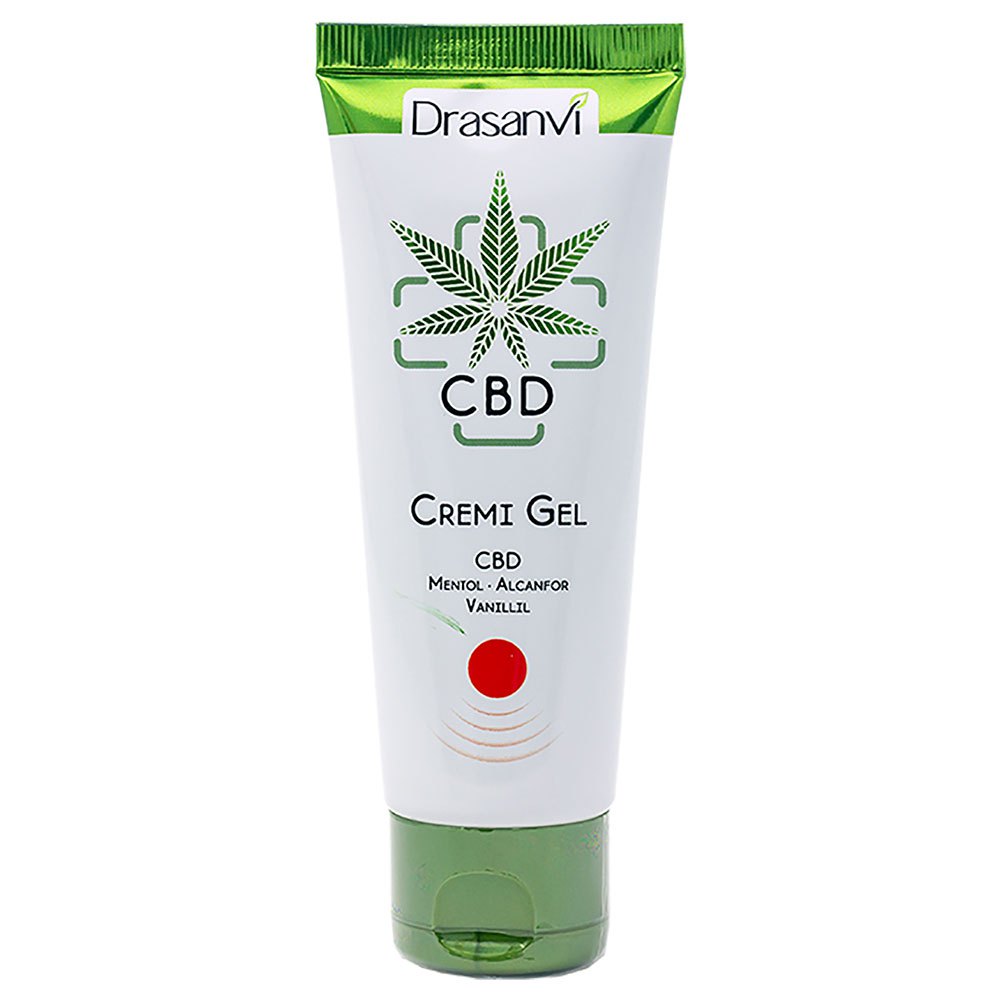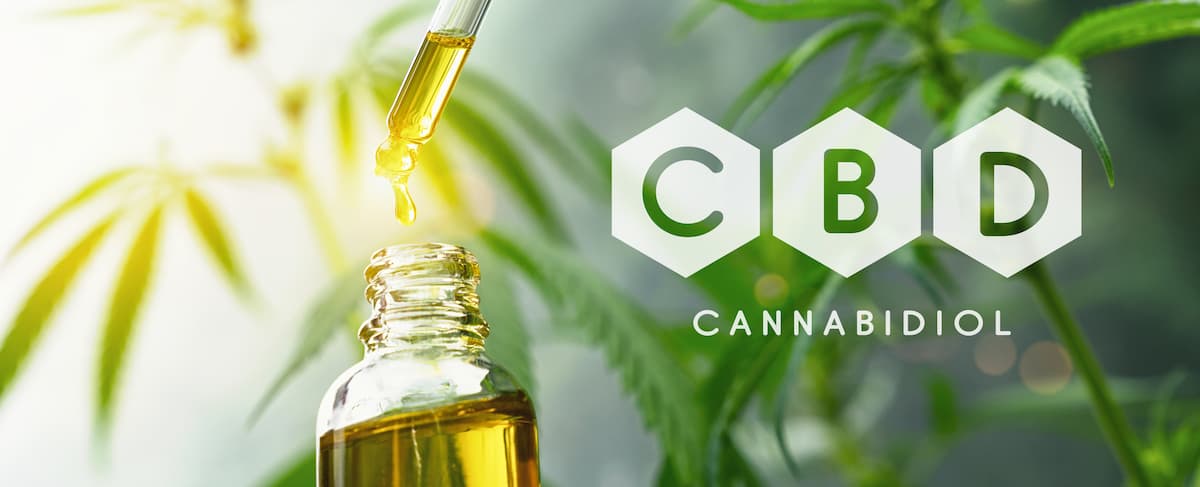
High blood sugar is caused by diabetes, a metabolic disorder. It is a condition that can affect both children and adults. People with diabetes often need to take insulin, a hormone that helps control glucose levels in the blood.
Patients should understand the meaning of their blood sugar level and how to control it. Patients with diabetes could need to eat more healthily or be more active.
Many diabetics are required to check their blood sugar levels on a regular basis. Some diabetics may require a fasting test. This is a blood sample taken after they haven't eaten for several or overnight.
A normal fasting blood sugar level is below 100 mg/dl after a meal. When your blood sugar level is above 100 mg/dl after a meal, you're diabetic. You need to take insulin.
Types of Diabetes are determined by genetics, and how well the body uses insulin. Type 1 diabetes occurs when your body is not producing enough insulin to regulate blood sugar.

Insulin helps to reduce blood glucose, but it's important to have a healthy diet and regularly exercise to prevent complications.
There are also many medications available to help patients with diabetes manage their disease. Nevertheless, it's important to know that certain medicines can interact together and cause unwanted side effects.
Talk to your doctor before you take a drug if it is a concern for diabetes. They can tell you how it works, and whether or not it is safe to use.
Your body is unable to use insulin properly when you suffer from type 2 diabetes. This can lead to hyperglycemia (high blood sugar).
Some medications like insulin can cause stomach disorders, including diarrhea. This can make eating difficult.
CBD, a component in marijuana, has shown to be beneficial for certain conditions. For example, research suggests that it could help with epilepsy.

You can also use it to help with pain or sleeplessness. It can also help with anxiety and depression.
Some cases it may even be helpful in cancer treatment and immune health.
Mayo Clinic has reviewed several studies which show that cbd oil is beneficial for the body. In particular, some researchers found that the cannabinoids in cbd oil have a positive effect on the endocannabinoid system. This can be helpful for patients with chronic pain, anxiety, and depression.
FAQ
Which countries produce CBD with the highest quality?
The United States is home to the greatest number of CBD products.
Canada, Australia New Zealand, Israel and New Zealand also produce high-quality CBD product.
Is there any evidence that CBD helps with anxiety?
CBD oil can be used to treat anxiety. It interacts with CB1 receptors and CB2 receptors in your brain. The mood and stress responses are controlled by the endocannabinoid system.
Our bodies activate the CB1 receptor when we feel anxious. This receptor activates and sends signals to amygdala which is responsible for emotional processing.
When the CB1 receptor blockage occurs, the amygdala is unable to receive the signal necessary for processing emotions. People who use CBD have fewer negative emotions.
In 2017, a study showed that CBD can reduce anxiety in people with social phobia. Another study found that CBD reduced symptoms of PTSD.
A 2018 review concluded CBD has anxiolytic potential and could be used to treat generalized anxiety disorder.
Another study found that CBD could also be used to treat panic attacks.
However, multiple studies have shown that CBD does increase anxiety in mice.
The discrepancy found between the animal results and human data might be due to differences of how CBD affects humans and animals.
There are no long-term safety studies available for CBD. Most experts agree that CBD can be safely used when it is directed.
Is the CBD industry growing?
Yes. As legalization spreads throughout North America, this growth is expected continue. Canada is the only country that has legalized recreational use of cannabis. Many states have also passed medical marijuana laws.
This trend will likely continue for at least another decade as more states pass legislation allowing access to medicinal marijuana.
Legalizing marijuana is also a good economic decision. Legalizing pot offers many benefits beyond providing a lucrative market alternative for farmers.
It could, for example, help lower crime rates by decreasing the availability of illegal drug. It could also generate tax revenue for the government.
As legal marijuana is more popular, people may be less likely to smoke. This would mean fewer hangovers and lower health care costs.
For chronic pain patients, marijuana may even improve quality of their lives. Many people believe that THC, the active ingredient in marijuana can relieve nausea and muscle spasms caused by chemotherapy.
It is possible that marijuana could be used to treat mental disorders such as anxiety or depression. Some studies even suggest that marijuana may be able to treat schizophrenia.
Even though the CBD industry looks promising, there are still many challenges to be overcome.
How much CBD is required?
The product type you're using will affect the amount of dosing.
CBD oils come in a variety of strengths, ranging from 100mg-1000mg per bottle.
There are many companies that make CBD products in very specific dosages. For example, 25mg, 50mg or 75mg.
Charlotte's Web, for example, makes CBD products that contain precise amounts of CBD.
If you're unsure about CBD's effectiveness for you, you can try a lower dose.
You can always go up later.
What are some common blunders that companies make when they venture into the US cannabinoid markets?
Uncertainty about the regulations for cannabis products is the first mistake. This could be a sign that your product formulation needs to be changed.
The second mistake is not knowing how to properly label your product. It is essential to find out if your product contains either THC or CBD.
Third, it is important to understand how to properly package your product. If your product contains THC you should ensure that it's packaged in child-resistant containers.
If your product does NOT contain THC you should still adhere to all packaging laws. There is a lot of states where cannabidiol, or CBD (CBD), is legal.
Finally, you should always keep track of any recalls on your products. If there is a problem with your product, it is important that you inform customers as quickly as possible.
Is the CBD industry saturated?
CBD is seeing a steady growth rate of 25 percent annually. This growth will continue at least five years. According to industry projections, it will grow from $2 billion to $5 billion by 2020.
The CBD market is currently dominated by two companies - GW Pharmaceuticals and Canndoc Ltd. Both companies have a focus on creating pharmaceutical-grade products. Both have not been very successful to date. Both of them are having difficulty gaining traction in today's marketplace.
Cannabidiol (CBD) is an extract of cannabis that contains less than 0.3% THC. It has no psychoactive effects. It can be used to treat epilepsy, and other medical conditions. It can also be used as a dietary supplement.
There are many varieties of CBD products. Some CBD products contain whole plant extracts. Others use CBD-rich cannabinoids.
These products all share one thing in common: low levels are THC.
They are thus legal under US federal legislation. This doesn't mean you shouldn't follow local laws when selling CBD-related products. Check with your state regarding the sale of CBD products.
Additionally, CBD products can be illegal in several states. These states include California, Colorado and Mississippi, Missouri. New York, North Carolina. Ohio. Oklahoma. Oregon. Rhode Island. South Dakota. Texas. Utah. Virginia. Washington.
You will want to stay clear of CBD products if you are from one of these states.
Statistics
- CBD seems unlikely to directly influence sleep in healthy humans [115] (and maybe “sleep-promoting” in those with certain comorbid conditions) (ncbi.nlm.nih.gov)
- HR −16 mmHg; 95% CI −26, −6; I2 = 92%) (ncbi.nlm.nih.gov)
- While the primary injury may not be treatable, interventions that attenuate secondary sequelae are likely to be of benefit [203].Only one study (ncbi.nlm.nih.gov)
- The use of these products is likely to become even more widespread if the World Health Organization's recommendation that CBD no longer is scheduled in the international drug control conventions is adopted by the United Nations member states [201]. (ncbi.nlm.nih.gov)
- OralWhere HED is the human equivalent dose, and Km is a correction factor estimated by dividing the average body mass (BM) of the species (60, 0.020, and 0.150 kg for 11 humans, mice, and rats, respectively) and by its surface area (see: Nair et al. (ncbi.nlm.nih.gov)
External Links
How To
What are the major issues facing the CBD industry in general?
The market for CBD is growing at an astonishing rate. There are many hurdles businesses face when trying to enter the CBD market. These include a lack of consumer awareness, high cost of entry, limited access to capital, and regulatory uncertainty.
Many consumers do not know what CBD is or how it works. This means they are not able to make informed choices about whether or no to purchase CBD products.
CBD companies are heavily dependent on word-of–mouth marketing. This is expensive as they must pay advertising costs and to hire staff to market their brand.
Another problem for new entrants to CBD is the high price of production. The raw materials needed to create CBD products are quite expensive. CBD oil can only then be produced if the hemp has been grown in a specific environment.
Grow enough hemp to produce CBD oil requires approximately $1,000 per annum. As a result, many small farmers cannot afford to start.
Access to capital is another challenge for new entrants in the CBD market. Banks discourage many people from starting a business because of the stigma attached to this industry.
The sale of CBD products is still subject to regulatory uncertainty. There are currently no guidelines on how CBD products should marketed.
Although some states have passed legislation restricting CBD product sales, this has not become a national policy.
Only Nevada and Maine have so far legalized recreational marijuana.
Massachusetts and Michigan have considered similar measures.
These changes could increase competition among CBD manufacturers.
As a result of these factors, many entrepreneurs choose to work from home rather than start a physical business.